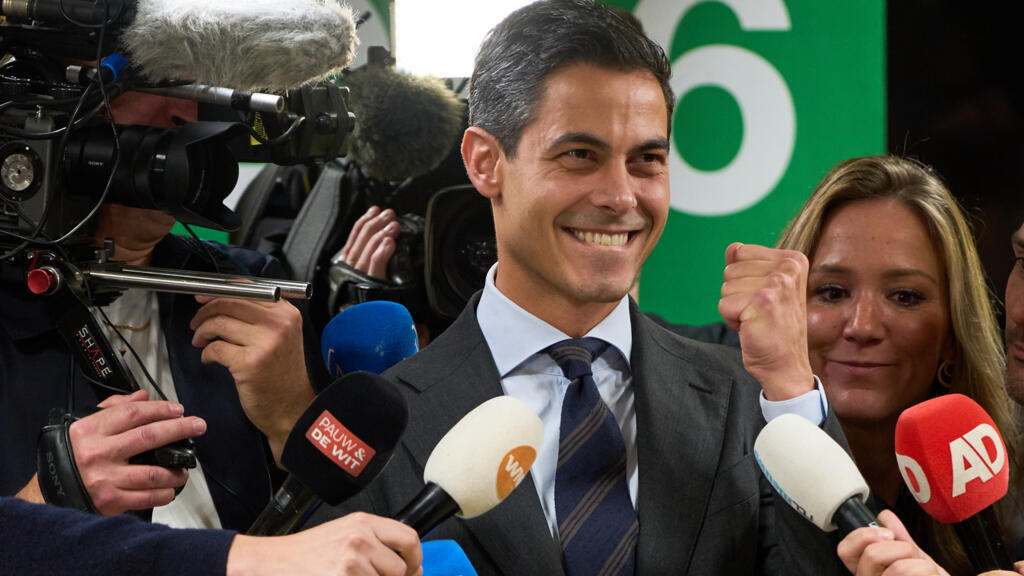The Netherlands has witnessed a significant political shift following the recent elections, with the centrist D66 party emerging as the winner. Reports from local news agencies on Friday indicated that the D66 party, led by Rob Jetten, has successfully ousted the far-right leader Geert Wilders and his Party for Freedom (PVV). This development marks a pivotal moment in Dutch politics, reflecting a potential move towards more centrist governance.
As the final postal votes are still being counted, the victory for D66 appears to be narrow yet substantial enough to initiate coalition talks. Rob Jetten, the leader of D66, stands poised to lead negotiations aimed at forming a new coalition government. This scenario underscores the importance of coalition dynamics in the Netherlands, where no single party has achieved a clear majority in recent years.
The electoral results signify a shift in voter sentiment, as many citizens appear to be moving away from the extreme right policies of Wilders and his supporters. The rise of D66 is indicative of a broader trend in several European countries where centrist parties are gaining traction in response to the growing influence of populist and far-right movements. Voter concerns surrounding immigration, social welfare, and cultural inclusion may have played a critical role in swaying public opinion toward D66.
In the run-up to the elections, Rob Jetten and his party campaigned on principles of sustainability, social equality, and progressive reform. The emphasis on these key issues may have resonated well with voters looking for stability and direction amidst an evolving political landscape. Analysts suggest that the results could also be a reaction against the polarizing rhetoric often associated with Wilders and his approach to national and international issues.
The coalition-building process is expected to be crucial in the coming weeks, as Jetten navigates discussions with other political parties to form a stable government. Given the fragmented nature of the Dutch parliament, aligning interests with potential coalition partners will be a challenging task. It is anticipated that negotiations will focus on key areas such as economic recovery post-COVID-19, climate change policies, and social cohesion.
The outcome of the elections has sent ripples through the political landscape, not only in the Netherlands but also in the broader European context. The decision by Dutch voters to favor a centrist party could encourage a reevaluation of political strategies by other parties across the continent, particularly those that have been struggling against the rise of far-right ideologies.
As the political scenario unfolds, the eyes of many will be on the negotiations led by Jetten. His ability to rally support from other parties while maintaining the core values of D66 will be critical in forming a successful coalition government. There is a palpable expectation among the electorate for effective governance that addresses pressing societal challenges in a collaborative manner.
The D66 party’s victory symbolizes a potential turning point in the Netherlands’ political narrative, exemplifying a desire for moderation and a focus on collective well-being. As electoral fatigue towards extreme populism grows, the emphasis on a collaborative and inclusive approach to governance will likely come to define the next chapter of Dutch politics.











